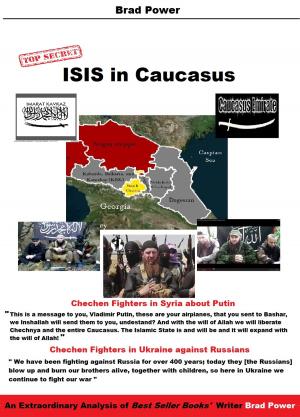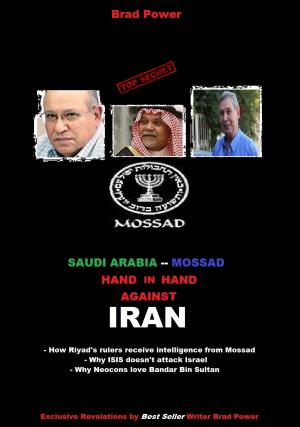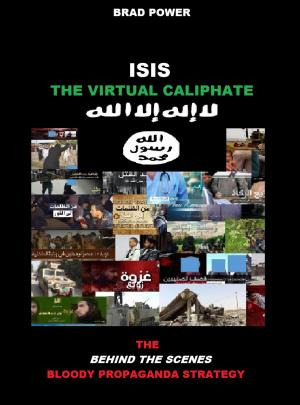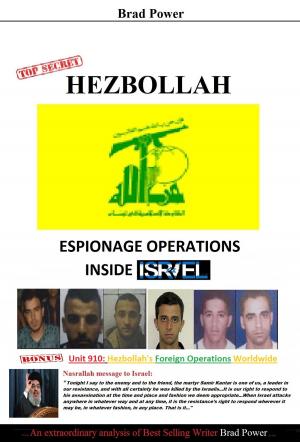| Author: | Brad Power | ISBN: | 1230001654615 |
| Publisher: | Brad Power | Publication: | April 24, 2017 |
| Imprint: | Language: | English |
| Author: | Brad Power |
| ISBN: | 1230001654615 |
| Publisher: | Brad Power |
| Publication: | April 24, 2017 |
| Imprint: | |
| Language: | English |
Following Iran’s apparent role in kick-starting the long-delayed formation of a government in Baghdad, Tehran is seen by many as the most influential external power in Iraq. While this may or may not be true, it is clear that Iran has a proven ability to commission violence inside Iraq. Yet while the covert programs run by the Iranian Revolutionary Guard Corps (IRGC) Qods Force is a source of influence in Iraq, paramilitary operations come at a cost. The militarization of Iranian influence is often counterproductive in Iraq, reinforcing Iraqis’ generally negative attitudes toward Iran. Tehran’s concern about negative Iraqi perceptions of its paramilitary proxies has influenced the evolution of Iranian support to the so-called “Special Groups” of militant Shi`a diehards in Iraq.
Following Iran’s apparent role in kick-starting the long-delayed formation of a government in Baghdad, Tehran is seen by many as the most influential external power in Iraq. While this may or may not be true, it is clear that Iran has a proven ability to commission violence inside Iraq. Yet while the covert programs run by the Iranian Revolutionary Guard Corps (IRGC) Qods Force is a source of influence in Iraq, paramilitary operations come at a cost. The militarization of Iranian influence is often counterproductive in Iraq, reinforcing Iraqis’ generally negative attitudes toward Iran. Tehran’s concern about negative Iraqi perceptions of its paramilitary proxies has influenced the evolution of Iranian support to the so-called “Special Groups” of militant Shi`a diehards in Iraq.















